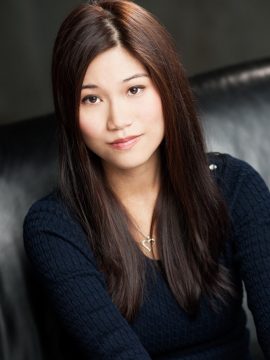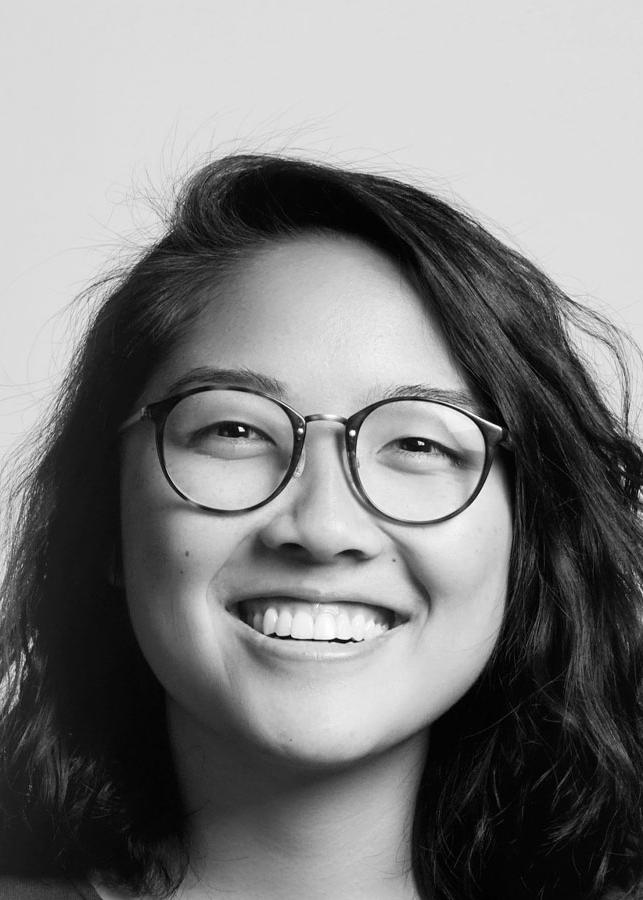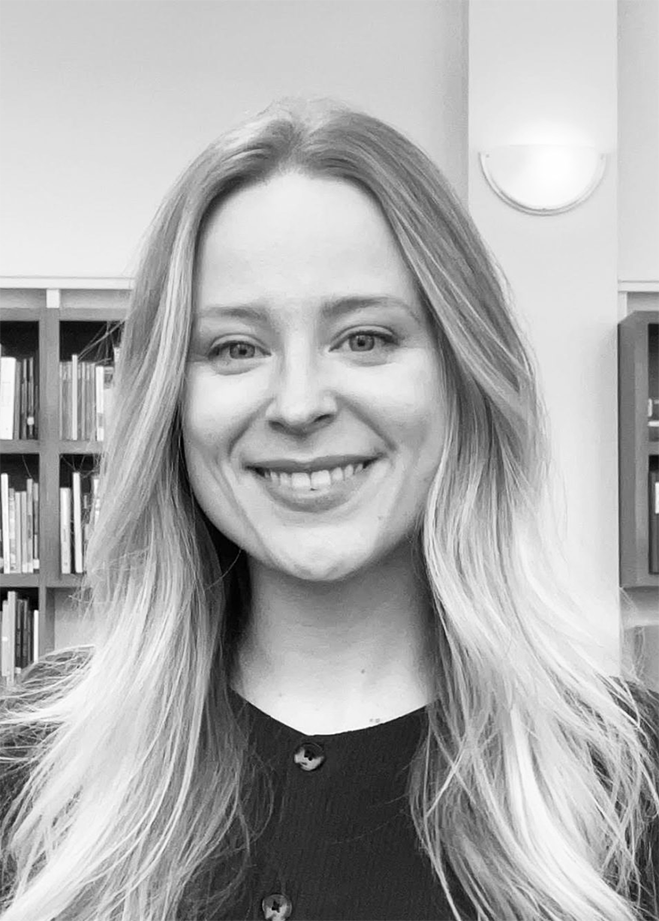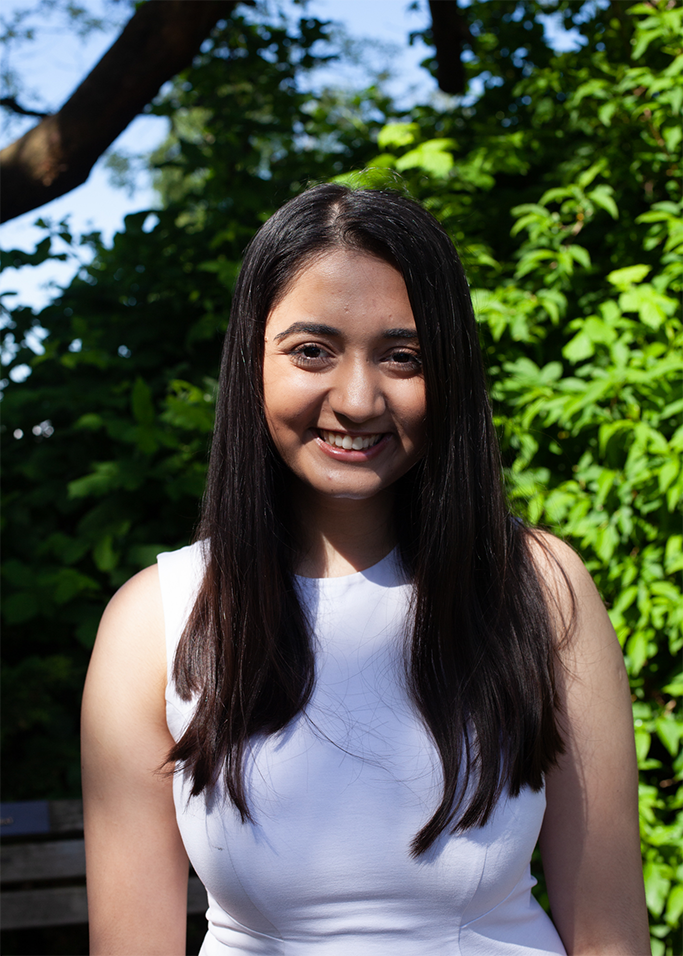Lindsay Wong

A version of this interview originally appeared on the UBC Library website, December 2018.
UBC alumna Lindsay Wong won the 2019 BC Book prize for her book The Woo-Woo: How I Survived Ice Hockey, Drug Raids, Demons, and My Crazy Chinese Family. Wong’s story is a witty and touching account of the Asian immigrant experience and a harrowing, honest depiction of the vagaries of mental illness.
What inspired you to write your memoir?
I think I fell into memoir, or maybe the genre just grabbed me. Anyway, I blame the sorting hat system in UBC’s Creative Writing Program, where they assign us to classes based on our admissions portfolio. Memoir just felt like a very necessary and painful thing to do (like root canal surgery). Writing the manuscript was a means for me to understand who I was in relation to my family and to make sense of the severe mental illness that surrounded me.
Did you write your memoir for a particular audience?
Mostly, I wrote the memoir for myself, as this would be a book that I would have desperately needed and wanted being CBC (Chinese Born Canadian) growing up in the suburbs of Vancouver. But I do think that mental illness has never been explicitly addressed in Asian immigrant writing in North America, as it’s such a taboo subject in our culture. I hope all readers, not just Chinese-Canadians, connect to the universal themes of mental illness and dysfunctional family relationships in the book.
Tell us about the statement: “We would eventually learn that we could not run away from ourselves” and why it’s a reoccurring theme throughout the book.
There’s a motif in The Woo-Woo about migration and diaspora and running away. My family flees extreme poverty in Hong Kong, and when they arrive in Canada, they’re always running from ghosts (which represents mental illness and various other issues). My character, too, is always trying to run away from herself, by first running to Honolulu then all the way to New York City. I wanted to show that there was this intergenerational cycle of frenzied physical relocation that almost every member of the family attempts, yet it never works. All the members in my family are always trying to outrun “ghosts”, each other, and themselves. Essentially, the Wongs and their extended kin are trapped.
Can you share how your writing process while at UBC evolved and how your decision to change the tone of your book came about while at Columbia University?
As a younger writer, I was definitely more serious in tone, and I didn’t quite have a sense of humour. I was still finding my voice, and as a writing student, you tend to think that all literary writing has to be serious in order to really matter. When I moved to New York City, there was an emphasis on humour and comedic writing in our workshops, and I think one naturally tends to develop an absurdist point of view in order to survive the subway system in New York City. While I was studying at Columbia, there were also three suicides. It was a difficult and competitive place. Anyway, once I allowed my subconsciousness to flow, I was able to find my voice, and the writing came naturally.
What advice would you give to students and alumni interested in breaking into your industry?
Don’t give up! Publishing a book often means endless rejections, sleepless nights, and not being able to afford the dentist, but if you keep revising your manuscript and submitting it to agents and publishers, it will eventually find a home.
What advice would you give your graduating self?
Be patient and kinder to yourself. Mental and physical well-being are so important. If something won’t matter in five years, don’t worry about it.
Related
- “Why Lindsay Wong wrote a memoir about her family’s mental health struggles,” CBC, Oct 18, 2018.
Lindsay Wong



A version of this interview originally appeared on the UBC Library website, December 2018.
UBC alumna Lindsay Wong won the 2019 BC Book prize for her book The Woo-Woo: How I Survived Ice Hockey, Drug Raids, Demons, and My Crazy Chinese Family. Wong’s story is a witty and touching account of the Asian immigrant experience and a harrowing, honest depiction of the vagaries of mental illness.
What inspired you to write your memoir?
I think I fell into memoir, or maybe the genre just grabbed me. Anyway, I blame the sorting hat system in UBC’s Creative Writing Program, where they assign us to classes based on our admissions portfolio. Memoir just felt like a very necessary and painful thing to do (like root canal surgery). Writing the manuscript was a means for me to understand who I was in relation to my family and to make sense of the severe mental illness that surrounded me.
Did you write your memoir for a particular audience?
Mostly, I wrote the memoir for myself, as this would be a book that I would have desperately needed and wanted being CBC (Chinese Born Canadian) growing up in the suburbs of Vancouver. But I do think that mental illness has never been explicitly addressed in Asian immigrant writing in North America, as it’s such a taboo subject in our culture. I hope all readers, not just Chinese-Canadians, connect to the universal themes of mental illness and dysfunctional family relationships in the book.
Tell us about the statement: “We would eventually learn that we could not run away from ourselves” and why it’s a reoccurring theme throughout the book.
There’s a motif in The Woo-Woo about migration and diaspora and running away. My family flees extreme poverty in Hong Kong, and when they arrive in Canada, they’re always running from ghosts (which represents mental illness and various other issues). My character, too, is always trying to run away from herself, by first running to Honolulu then all the way to New York City. I wanted to show that there was this intergenerational cycle of frenzied physical relocation that almost every member of the family attempts, yet it never works. All the members in my family are always trying to outrun “ghosts”, each other, and themselves. Essentially, the Wongs and their extended kin are trapped.
Can you share how your writing process while at UBC evolved and how your decision to change the tone of your book came about while at Columbia University?
As a younger writer, I was definitely more serious in tone, and I didn’t quite have a sense of humour. I was still finding my voice, and as a writing student, you tend to think that all literary writing has to be serious in order to really matter. When I moved to New York City, there was an emphasis on humour and comedic writing in our workshops, and I think one naturally tends to develop an absurdist point of view in order to survive the subway system in New York City. While I was studying at Columbia, there were also three suicides. It was a difficult and competitive place. Anyway, once I allowed my subconsciousness to flow, I was able to find my voice, and the writing came naturally.
What advice would you give to students and alumni interested in breaking into your industry?
Don’t give up! Publishing a book often means endless rejections, sleepless nights, and not being able to afford the dentist, but if you keep revising your manuscript and submitting it to agents and publishers, it will eventually find a home.
What advice would you give your graduating self?
Be patient and kinder to yourself. Mental and physical well-being are so important. If something won’t matter in five years, don’t worry about it.
Related
- “Why Lindsay Wong wrote a memoir about her family’s mental health struggles,” CBC, Oct 18, 2018.



